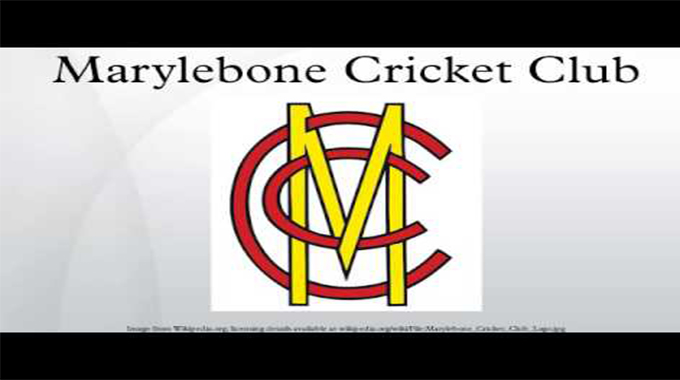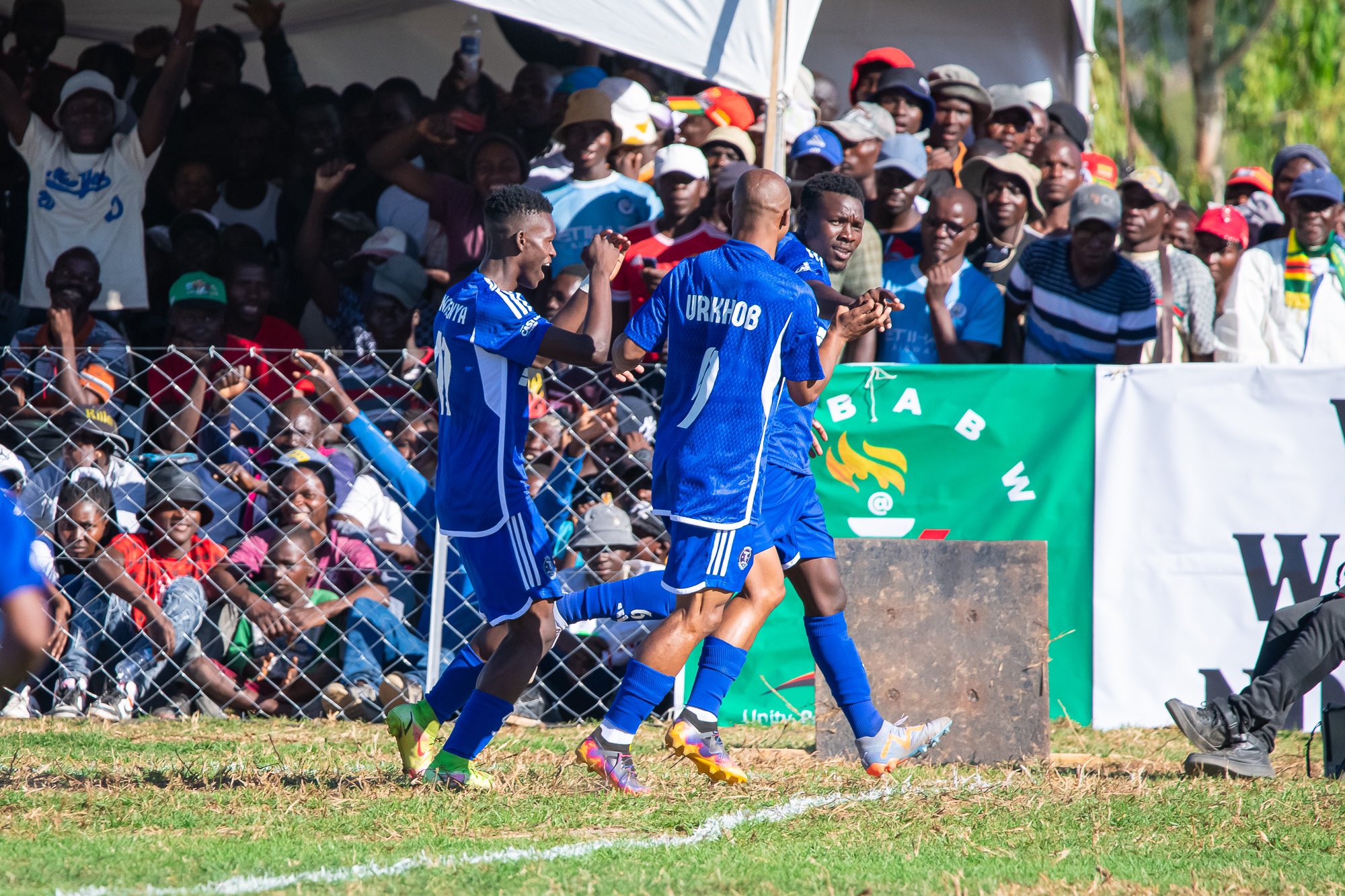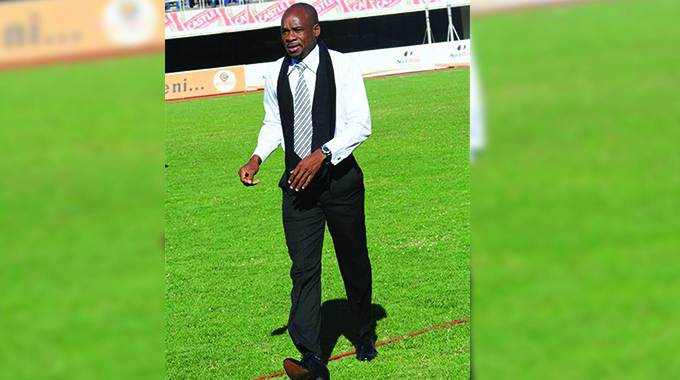MCC World Cricket Committee recommends clock-timers and free-hits for Tests

THE Marylebone Cricket Club (MCC) World Committee, which met in Bengaluru on the March 8 and 9, has come up with a wide range of recommendations to make Test cricket spectator-friendly.
The standouts among them is the introduction of clock-timers and free-hits in Test cricket.
The committee has also recommended the use of a standard red ball for the forthcoming World Test championships, beginning with West Indies hosting India in July, 2019.
The recommendations will now be put forward to the International Cricket Committee (ICC) for further considerations.
In addition to giving a thumbs-up to women’s cricket in the 2022 Commonwealth Games in England and announcing the results of the MCC Test cricket survey, another aspect of play which was widely discussed was slow over-rates; a common issue in countries where spinners do not have a big role to play.
A recent survey suggested that one of the main reasons for dwindling crowds was with regard to slow over-rates as teams struggled to complete the stipulated 90 overs a day despite using the additional 30 minutes.
ICC’s own stats from May 2018 showed that the average over-rate for the last year was the slowest in the last eleven years, with an average of 13.77 overs being bowled per hour.
One of the main reasons for slower over-rates has been the Decision Review System (DRS) which has been standardised across all Tests, but the MCC committee was of the view that players should take more responsibility in speeding up the game.
Some of the recommendations included:
– Introduction of a timer, to be shown on the scoreboard, which will count down from 45 seconds from the call of “over”.
This would be increased to 60 seconds for a new batsman on strike and 80 seconds for a change of bowler.
If either side is not ready to play when the clock reaches zero, they would receive a warning, with further infringements in that innings resulting in five penalty runs being awarded to the opposition.
-A similar timer will be used at the fall of wickets, but the allotted time will vary depending on the distance from the dressing rooms to the pitch, and at drinks breaks.
Batsmen and fielders should be in position before the clock reaches zero.
– During DRS reviews, the standard protocol is recommended to be cut short as soon as the TV production team is aware that it will be not out.
“For example, time is often spent trying to discern an inside edge for LBWs, only to see, for example, that the ball was missing the stumps. As soon as the ball tracking has been loaded, if it will result in a Not out decision, the TV umpire should be informed immediately,” the MCC release explained.
The MCC has also suggested trialling the possibility of awarding a free-hit for a no-ball even in Tests.
Free-Hits have become a popular concept in the limited overs of the game and the committee believed that imposing it in the five-day game will serve as a deterrent for the bowlers from overstepping – which in turn might also help speed up the over-rate.
The next meeting of the MCC will take place on August 11 and 12 at Lord’s, London.
— Cricbuzz.











Comments